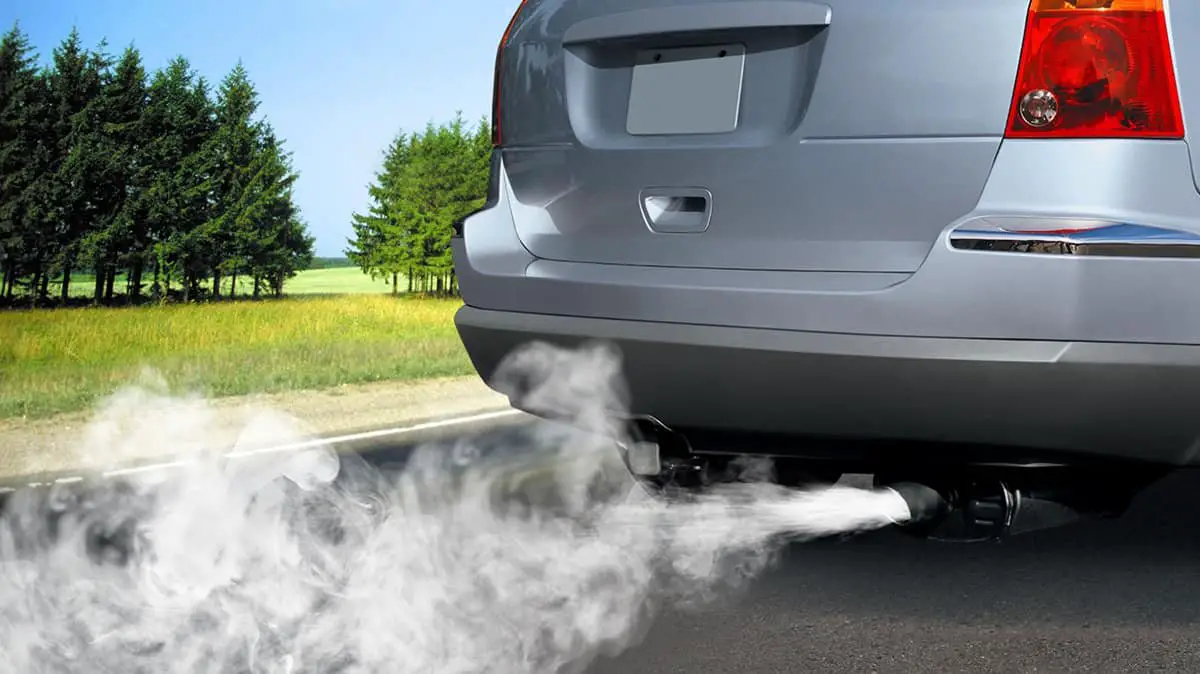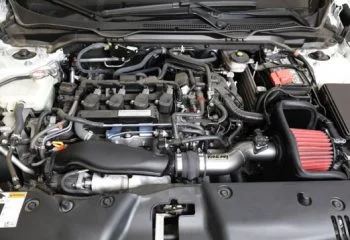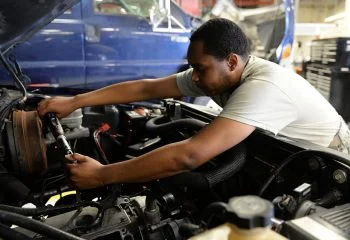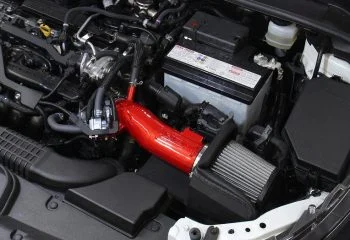Oil change is one of the most important and basic car maintenance tasks that you can do on your own. Not only is it a great way to save money, but it’s also a great way to learn more about your car and how it works. Plus, it’s a great way to keep your car running smoothly and prevent future problems down the road.
But your car smoking after oil change can be a telltale sign of engine trouble. But what does it mean when your car smokes after an oil change? Is the smoke a problem to worry about, or is it nothing to sweat?
In this blog post, we’ll explore the possible causes of car smoking after oil change and what you can do to fix them. Keep reading to learn more!
What's in this post?
What Cause Car Smoking After Oil Change?
If you were driving normally before and nothing strange happened to your car, then car smoking after an oil change is a normal phenomenon for many vehicles and cars. Oil filters must be removed every time an oil change takes place, so this scenario occurs every time.
On the exhaust manifold and also, on the engine itself, engine oil drips from the oil filter. The phenomenon occurs every time you change your oil, so it usually happens every time you change your oil. Smoke from this source is completely harmless and does not pose any danger to your car.
But if the above information is not enough to satisfy you, the following reasons may be the cause of your car’s smoke after an oil change. Here we have omitted cases where parts of your vehicle have been damaged and show signs of damage before.
Oil Spilled And Fell Into The Exhaust Pipe
Oil spillage is one of the most common causes of smoking after an oil change.
If oil spills onto the exhaust port or the combustion chamber, it can cause the engine to smoke.
The oil can also drip down into the cylinder, causing smoke and damage to the pistons and other engine parts. In addition, oil spillage can cause your car to smell strongly of burning oil.
If you notice any oil spillage when changing your car’s oil, be sure to clean it up immediately. Wipe down the area with a clean cloth and make sure that there is no oil on the surfaces around the engine.
Leakage of coolant
Leaking coolant can cause a number of problems in your car, and one of them is smoking after an oil change.
When coolant leaks, it mixes with the oil in the engine and reduces its lubricating properties.
This can cause the engine to run hotter than normal, which can lead to smoking. In addition, leaked coolant can lead to engine damage and overheating.
If you notice any sign of a coolant leak, it’s important to take your car to a mechanic as soon as possible to have it fixed. Otherwise, you could be facing some serious problems down the road.
Wrong Oil
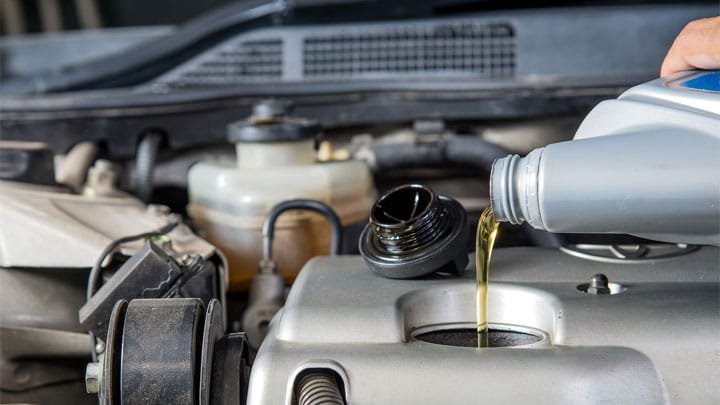
One of the most common reasons why cars start smoking after an oil change is because the wrong oil was used. Motor oil comes in different grades, and each one is designed for a specific type of engine.
For example, some oils are designed for high-performance engines, while others are meant for more everyday use.
If the wrong oil is used in an engine, it can cause a number of problems, including increased wear and tear, reduced fuel efficiency, and even engine damage. In addition, using the wrong oil can also cause smoke to appear when starting the engine.
This is because the oil isn’t able to properly lubricate the engine parts, leading to increased friction and ultimately, smoke. While it might seem like a minor mistake, using the wrong oil can actually have serious consequences for your car.
There’s an issue with the oil burning incorrectly, which causes it to trickle into the exhaust system. The result is white smoke coming out of your exhaust.
By changing the oil, you can quickly and cheaply solve this problem by purchasing the correct type of oil from an automotive store.
Can low oil cause smoke?
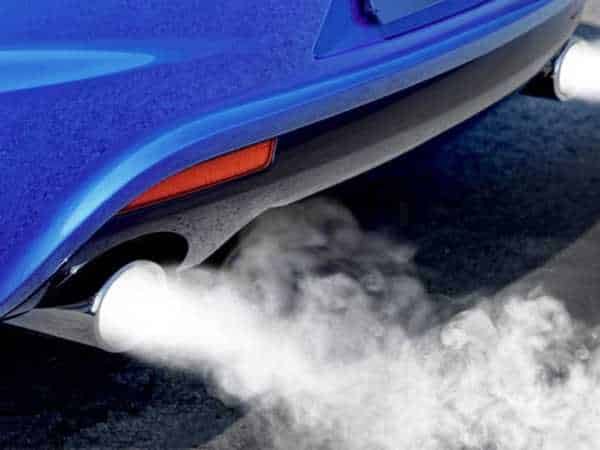
Blue smoke coming from your car’s exhaust is generally an indication that oil is seeping into the engine and being burned along with the fuel.
This usually occurs when the engine is low on oil. There is also the possibility that there is an external oil leak, and the oil is dripping onto the exhaust system.
How do you stop your car smoking after oil change?
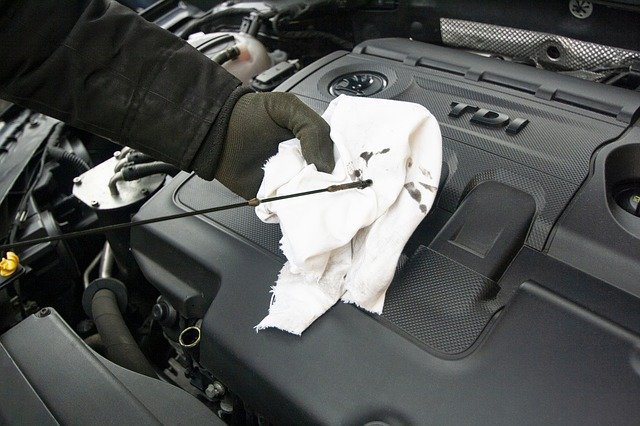
If your car’s engine is smoking after you put oil in it, there are a few possible causes. The most common reason is an oil spill on the engine.
When too much oil is added to the engine, it can spill onto hot surfaces and begin to smoke. Another potential cause is an oil leak. If there is an oil leak somewhere in the engine, adding more oil can cause it to overflow and smoke.
Finally, if you simply put too much oil in the engine, it can cause smoking as well. In this case, the best course of action is to drain the excess oil and wait for the rest to evaporate.
Whatever the cause of your smoking engine, a quick diagnosis will help you get back on the road in no time.
Why is my car smoking but not overheating?
The most frequent cause of smoldering smoking is that some sort of fluid has fallen on the engine. This could be oil, fuel, transmission fluid, coolant, or even condensation.
When the fluid is burned off by the engine, it can cause smoke. If you’re not sure what type of fluid is causing the smoke, it’s best to take your car to a mechanic and have it checked out.
They’ll be able to identify the source of the problem and recommend the best course of action. In some cases, simply changing the oil or replenishing fluids may be enough to fix the issue.
However, if there is more serious damage, such as a leak in the engine, it will need to be repaired before your car will run properly again.
Useful tip: Exhaust Leak Symptoms and How to Fix
Can a dirty oil filter cause smoke?
If your oil filter becomes clogged, it will cause the exhaust gases to be redirected back into the engine.
This can result in a number of problems, the most immediate of which is the production of dark exhaust smoke.
The smoke will be sooty and very noticeable, especially when the engine has been running for some time.
In addition to being unsightly, this smoke can also lead to a build-up of carbon deposits on engine parts, causing them to wear out prematurely.
If you suspect that your oil filter is clogged, it is important to have it replaced as soon as possible. Doing so will help to keep your engine running smoothly and prevent costly repairs down the road.
Increased emission is also a clogged catalytic converter symptom so make sure you check it as well.
Can low coolant cause smoke?
Low coolant can sometimes be the cause of a blown head gasket.
If this happens, you may notice smoke coming from the engine or tailpipe, a loss of power, engine knocking sounds, or decreased efficiency.
Replacing the head gasket is a major repair that should be done by a professional.
How long should I wait to drive after adding oil?
Once you have your oil, it is important to ensure that your car is parked on level ground before proceeding. This will allow for a more accurate reading of the dipstick.
The engine should also be cool to the touch to avoid any potential burns. Allow the oil to drain fully back into the sump by waiting at least 20 minutes before checking the level again.
Add oil in small amounts until the desired level is reached. Remember to dispose of any used oil in a responsible manner.
Conclusion
When it comes to diagnosing and repairing your car, smoke is rarely a good sign. If you have determined that your car smoking after oil change, it is best to consult with a professional.
They will be able to accurately diagnose the problem and provide you with a solution.
For cases that are easy to deal with, like replacing a faulty air filter, I have provided instructions in this article on how to do so. Thanks for reading!

